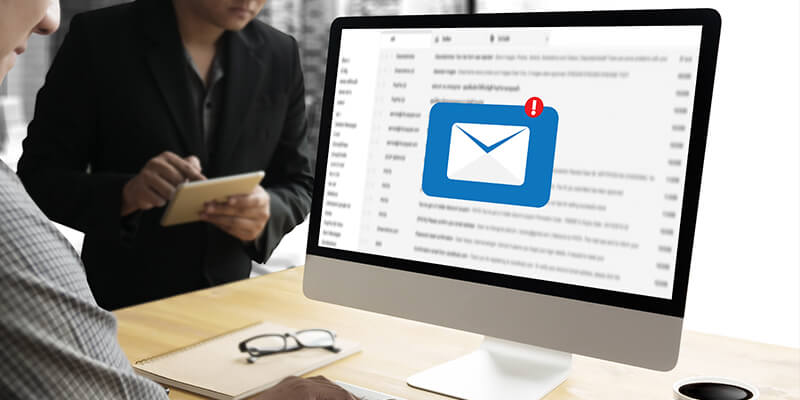Protecting any business online is often a complicated task, but it is one of those things that has to be done so you can maintain your workflow and ensure your business information is as secure as possible. Here we are going to tell you how to keep your business safe on the internet.
How to keep your business safe?
There are a few things you can do to make your business safe when it comes to using the internet. First things first you are going to want protective software that will help prevent and deter malware or virus’ from trying to access your network through the internet. A good internet router or server will already have a firewall built in however you will still need to look at firewall software; this is even more important if you are working in a data centre or large financial institutions as these are the type of places that are more likely to be under attack. You will want to look at a software that offers regular updates as these will help in keeping your security tight. You may also want to think about installing it onto any portable devices that employees can take off-site.
Employees
No matter how hard you try, there is always some cases whereby your business could be at threat from an employee accidentally downloading something they shouldn’t have or using a device on an unsafe network. We think one of the most important things you must do as a business speaks to your employees and set out strict rules of internet usage. You will also want to think about introducing policies that deter employees from using social media, often a lot of the links that are posted are not always safe ones and without the person knowing they could potentially be downloading something in the background that could affect your business network and safety.
If your business is using social media, you may also want to make it clear who can speak on behalf of the company online and even what can be said. The last thing you want is an employee to post what could be confidential information. Additionally, think about the employees you add as admins to your business social media, you want only people that know what they’re doing to make any changes to your social pages.

Passwords
While this may seem like an obvious one, many people tend to use the same password for everything. You need to make each password as different as possible; this means using a combination of numbers, letters and special characters. Passwords should be strong and undetectable so make it unrelatable to your business, frequently change passwords monthly or quarterly and more so if an employee leaves the business.
Security
When you were at school if you tried to search something rude or naughty you are more likely to see a cannot access or will not search screen to prevent you from going anywhere. While your employees are now much older and more aware, some sites still may pose a risk to your company. Therefore it might be right for you to block certain websites or links from being accessible. If you have an IT department, it may be wise to get them to set up URL filtering which stops unproductive links from being opened. This will prevent your business network from bringing attacked or under threat but will also hopefully improve productivity and increase workflow. Additionally, don’t rely on your employees to update software on their devices, updates should always be automatic.
Encrypt data
Protect important information with encryption, even if it is only being stored within the confounds of your business. If you are sending sensitive information online make sure only approved users can access it, you may also want to think about adding passwords to documents.
Encryption works to make your data or document into code before it is sent via the internet. The reason for this is it helps to reduce the risk of theft, tampering or destruction.

Customers
Customers are one of the most important aspects of your business to think about; they are the backbone of making your company successful. No matter how big or small your business is protecting the information your customers provide you with. Not only is it important to keep it safe but the reputation and backlash your company could receive might be unsalvageable.
Depending on your business you might store customer information in different ways, for e-commerce sites, it is essential for you to keep customer contact details and payment details as secure as possible. Providing a secure online platform for transactions will put customers minds at ease when shopping. We recommend installing HTTPS onto your site; this shows in the URL bar with a lock screen, this allows customers to know any payments they make is safe. If you would like more information why HTTPS is so important for your e-commerce site we recommend taking a look at BigCommerce.
You may also want to take a look at Data Protection Laws here in the UK. If you are holding personal information of any of your customers or employees it is the business’s obligation to comply with the Data Protection Act 1998.

Cabling Solutions
Something that a lot of business forget to think about is cabling they currently have or how their data centre works. If you have normal copper cabling, it is nowhere near as safe as fibre cabling installations. Fibre cabling allows files and data to be sent faster and safer. Due to the location of the fibres within the rubber coating, data cannot be interrupted and it is less likely to be put under attack.
Summary
No matter the size of your business it is always important to think about your security and safety on the internet. Ensure all your employees are aware of what sites they are allowed on and what they can and can’t download. You should also think about downloading the right software to protect and prevent your network from being at risk to any attack. Customers are extremely important, keeping them happy and safe online is one of your main priorities to ensure the right measures are put in place.









